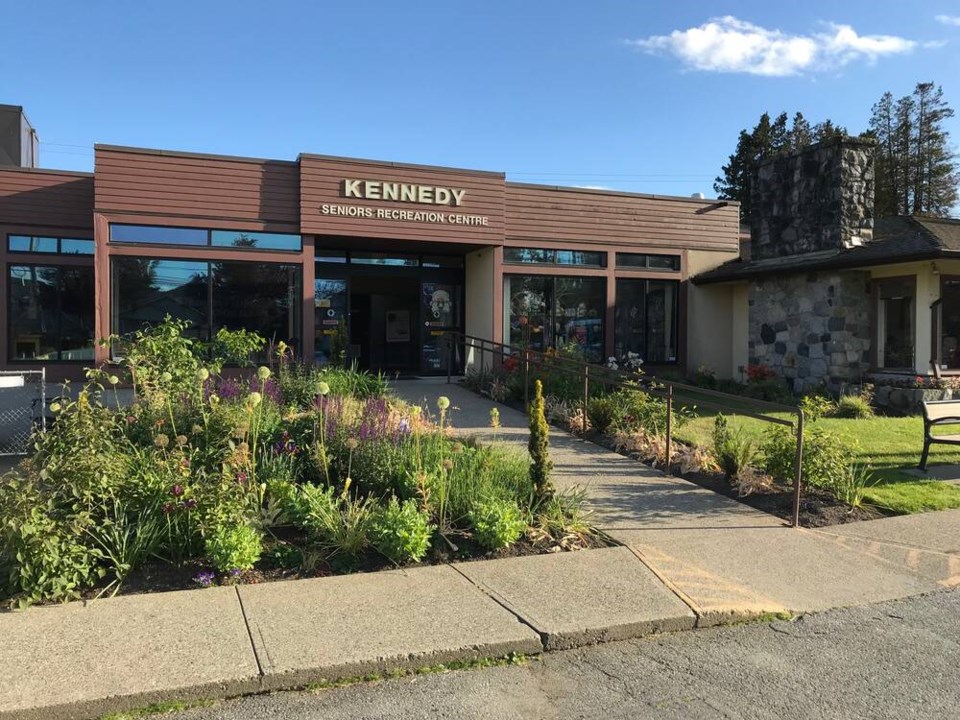The City of Delta has issued a request for proposals for mechanical engineering consulting services to provide engineering design, tender, construction and FortisBC and BC Hydro rebate applications for mechanical unit replacements at several facilities.
The project, which includes replacing boilers with gas absorption heat pumps and other upgrades, also includes feasibility studies to get a comprehensive analysis of the energy demand and consumption, savings and potential greenhouse gas (GHG) emission reductions.
The upgrades are part of the ongoing efforts by the city, which is updating its Community Energy and Emissions Plan, to make its buildings more energy efficient and greener.
The Federation of Canadian Municipalities recently announced Delta would receive $200,000 in funding to study methods to reduce GHG emissions at various other recreational and public buildings that produce the highest amount of carbon in their communities.
A Delta staff report notes that many successful retrofits of Delta’s buildings and measures implemented over the years within the city’s fleet resulted in the achievement of a 20 per cent reduction in GHG emissions from 2007 levels. However, more needs to be done to continue to improve energy efficiency and further reduce GHGs within Delta’s facilities, the report notes.
Meanwhile, the Metro Vancouver board recently endorsed proposed resolutions for the Union of BC Municipalities (UBCM) convention later this year asking the province to provide even more incentives to further reduce GHG in existing buildings.
Also submitted prior to Lower Mainland Local Government Association, the motion notes that the CleanBC Better Homes and Better Buildings programs provide incentives and rebates to reduce the significant cost barriers to implement energy efficiency and zero emissions retrofits for existing buildings, yet multi‐unit residential buildings including affordable housing have limited access to those programs.
The motion proposes that UBCM urge the provincial government to ensure that existing and future incentives and support programs are available for all building types, prioritizing multi‐unit rental, affordable and non‐market housing and building types that are not covered in current rebates.



